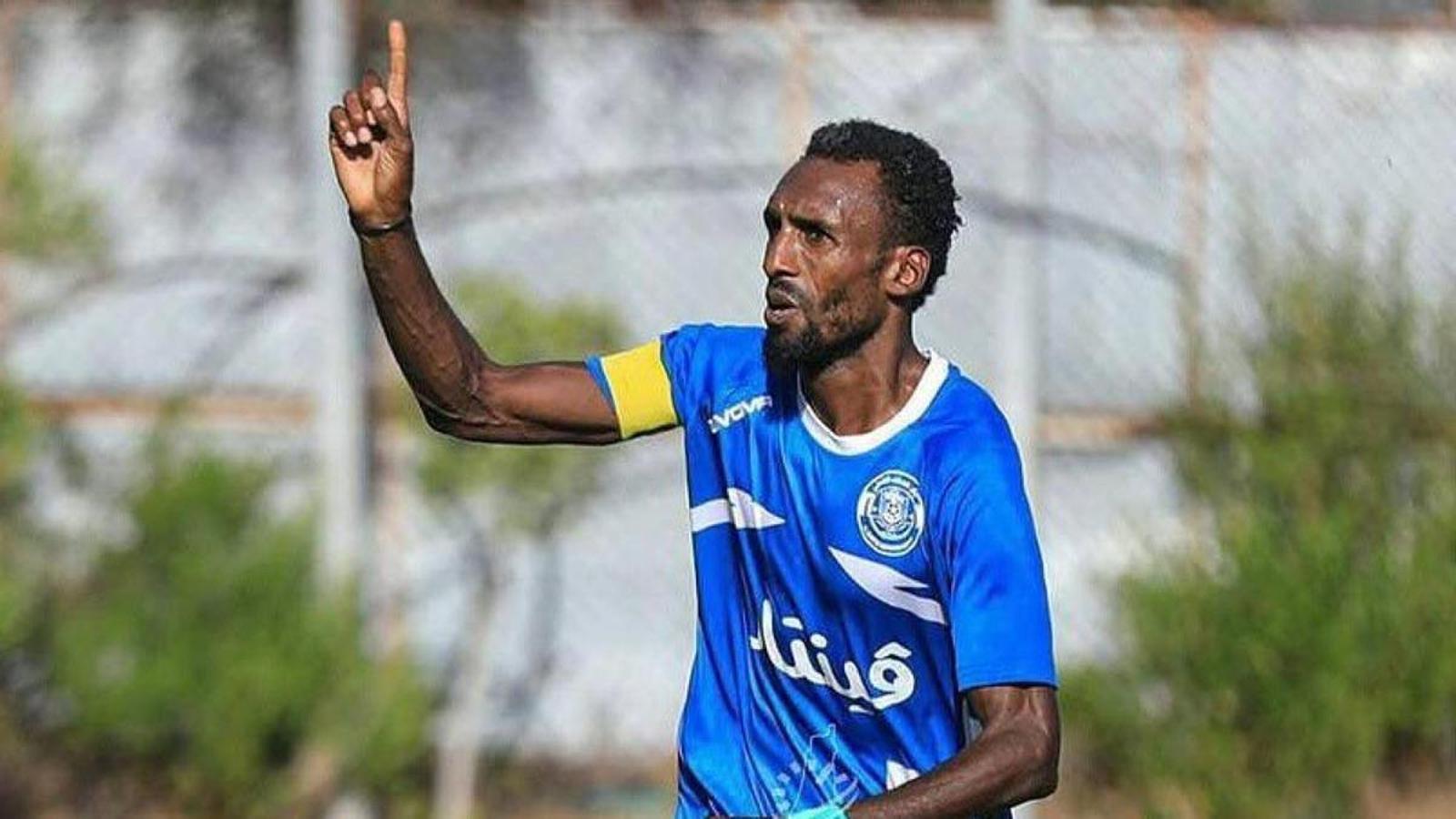"How did he die?" Outrage in football over the killing of a player in Gaza
Liverpool star Mohamed Salah speaks out on social media following the murder of Suleiman Al Obeid.


BarcelonaA single message with a simple question: "Can you explain how, where, and why he died?"
Liverpool's great star, Mohamed Salah, spoke out when he saw a tweet from UEFA lamenting the death of Suleiman Al-Obeid, known as the "Palestinian Pelé," a footballer from the Gaza Strip killed by the Israeli army. In the world of football, many people remained silent. UEFA wanted to be politically correct, sending him off as if he had died of illness or an accident. Salah used this question, to which he knew the answer, to demand that UEFA be more forceful. UEFA manages European football, and the Israeli Football Association, although geographically Asian, is within UEFA. The International Federation, FIFA, has not condemned the murder either, and has simply said goodbye to the former international with the Palestinian national team.
Al Obeid was killed in an Israeli attack on civilians waiting for aid in southern Gaza, according to the Palestinian Football Association. He had played for the national team and various local clubs, including Gaza Sport, Jadamat al-Shati, and Markaz Shabab in the West Bank, and scored more than 100 goals during his career. He had scored two goals for the national team, including a spectacular overhead kick against Yemen in 2010. At 41, he had already retired. According to the Palestinian Football Association, more than 300 people linked to its football community have died since the war began on October 7, 2023. The figure includes players, former players, referees, and staff.
Salah, who had previously called for diplomatic means to stop the violence in Gaza and demanded respect for the Palestinian people, is one of the few courageous voices in football. Many football clubs and federations ask their players and staff to keep a low profile and avoid public outcry, as UEFA itself does. Former players like Gary Lineker do openly attack the Israeli government, which has even sparked debates in the House of Commons about whether a sports commentator should discuss politics. A few months ago, Lineker quit working for the BBC following this debate.
The effects of war also affect football, with dramatic cases like that of Al Obeid. Other, less serious, cases have also raised a media storm, such as the decision by fans of German club Fortuna Düsseldorf to boycott the signing of Israeli striker Shon Weissman, now owned by Granada, believing that it justifies the policies of the Netanyahu government. "I am a son of a nation that mourns the horrors of October 7th. That dark day remains a wound for me as a member of an Israeli family and as an athlete representing my country," Weissman wrote on social media, referring to the murder of hundreds of Israelis at the hands of Hamas. "It is possible and necessary to oppose the pain of innocent people on both sides, but I will not allow myself to be portrayed as someone who incites hatred. No one on the outside can truly understand what we have been through. Loyalty is not debatable, especially when your people are still burying their dead," he added.
Two states, two continents
Israel and Palestine, so close yet so far away, live opposite sporting realities. The Israeli football league continues to play, and its clubs participate in European competitions, although they cannot play at home in Israel for security reasons. Their matches in Europe have sparked pro-Palestinian demonstrations outside stadiums, as happened this week in Latvia, where Beitar of Jerusalem played and lost a match against Riga FC. Beitar's fans are known for being the most politically radical in Israel, with supporters often convicted for racist insults against Arabs.
In Palestine, there is currently only one league in the West Bank, although there was once one in Gaza. The difficulty of traveling from one place to another through Israeli checkpoints had made the creation of a unified Palestinian league impossible. "More than once, you were called up by the national team, and you couldn't go because Israel wouldn't let you reach the West Bank," explained Mohamed Saleh, a Gaza-born defender who has always been a source of jokes for having a name almost identical to Mohamed Salah, Liverpool's Egyptian striker, a few months ago. The Palestinian national team has continued to play: it enjoyed a good showing in the Asian Cup of Nations and remained in contention for qualifying for the World Cup until recently, when it was finally eliminated.
From 1948 to 1974, Israel competed as an Asian national team. In fact, in 1970, Israel qualified for its only World Cup as an Asian team. But even then, many Muslim-majority states were boycotting the country. Some controversial matches against Iran heightened tensions, and finally, in 1974, the Asian Confederation of Nations expelled Israel at an assembly. Surprisingly, Israel went on to play in the Oceania Confederation as a guest team for several years. In fact, in 1990, they almost reached the World Cup by competing in that way. But in the 1990s, Israel asked to compete in Europe, due to shorter travel times and a higher level of football and economics. And UEFA admitted them. The Palestinian national team wasn't admitted to FIFA until 1998, competing as an Asian team, of course.
